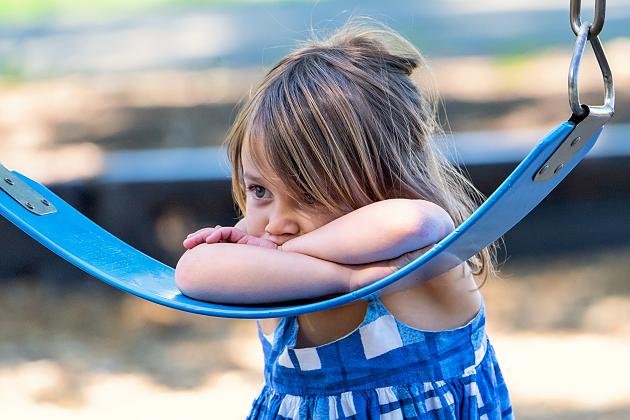Spotted an Error?

New school year, new happiness. Researchers have examined the characteristics of successful students and reveal motivational tricks.
Elementary school students are already familiar with learning-related stress. Especially in federal states like Bavaria, where the grade average about that decides who is going to high school and who is not, the learning and exam stress is slowly beginning for the students in the third class. But if you only memorize the subject matter, you won’t necessarily mutate into a model student in the long term, say US researchers. A team of scientists led by psychologist Martin Seligmann from the University of Pennsylvania found that children who think positively learn better than others.
According to Seligmann, the foundations for a negative standard of living are laid in the early school years. “Although living standards have improved in Germany over the past 20 years, people have not become more satisfied. This attitude is also transmitted to children and has harmful consequences for them, ”says Seligman. Almost 20 percent of young Americans are depressed. In adulthood, health problems, dissatisfaction with work and private life, and an increasing number of depression illnesses can be the consequences of a negative lifestyle. "The earlier children learn to deal with stress, the better they can face challenges," says Seligmann.
Successful through psychological training
Researchers looked at 19 studies done over the past 20 years and evaluated data from over 2,000 students ages 8 to 15. The team around Seligmann paid particular attention to studies that strengthened the psyche of the students with two different learning programs:
The so-called Penn Resiliency Program taught students through motivational tricks how to deal with everyday stress. The subjects trained their assertiveness in self-confidence training. Through brainstorming, decision-making support and relaxation exercises, they learned to realistically assess their problems and react flexibly to difficult situations. The result: Many pupils were no longer discouraged and showed themselves to be more hopeful than before. Anxiety and depressive mood also decreased.
More motivation and commitment
In the Positive Psychology Program, for example, students learned to recognize their character strengths and become aware of the things that are important to them. To do this, they recorded, for example, three positive events or experiences of success each day in diaries, such as "I was able to answer a difficult question in Spanish classes" or "My crush has finally invited me on a date". Afterwards, the test subjects analyzed the meaning of a positive experience for them and what they did can do, to increase the likelihood of experiencing more such positive events.
“The evaluation of our investigation and the questioning of parents and teachers showed that the students who took part in these programs were more motivated in the classroom. Parents reported that their offspring proved to be more assertive and could no longer be disturbed so quickly. When interviewing about 340 students who participated in the Positive Psychology Program said many felt more motivation to learn than before and showed greater commitment to the school.
RELATED ITEMS
-

Violence in kindergarten: teacher reveals what is going wrong – focus online
Spotted an Error? Anke Elisabeth Ballmann has visited over 500 nurseries and kindergartens in Germany and has done terrifying deeds…
-

Highly gifted child: 9 signs of a high iq focus online
Spotted an Error? At only three years old, she knew the alphabet, wrote the first words and loved numbers: the brain of little Ophelia…
-

Children’s sleep aid: five tips for a healthy night’s sleep – focus online
Spotted an Error? Every third first grader has problems falling asleep or staying asleep. So that it does not become chronic…
-

Parents are not always liable for their children – focus online
Spotted an Error? If the little ones do something stupid, the parents are automatically liable – right? Not always. Because their duty of supervision…
